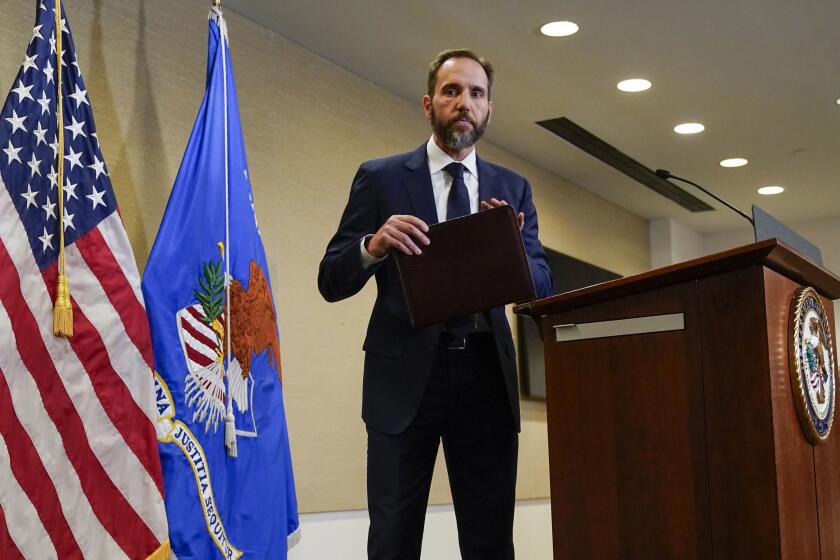Letters to the Editor: Veterinarians are in a suicide and financial crisis, and your pets are suffering

- Share via
To the editor: As a veterinarian in Los Angeles, I hear plenty of complaints lately about 10-hour waits for pets to be seen. What people need to know is that those waits are tied to high suicide rates in the profession and big business taking over veterinary medicine.
A study done before the pandemic showed that veterinarians were more than twice as likely to die of suicide than the general U.S. population; for women vets, it’s 3.5 times. This is due to many factors, including long hours, high workload, euthanasia procedures and the expectations and complaints of our human clients, who consider their pets family members but fail to buy insurance for them (only 3% of companion animals in this country are insured).
Throw in the astronomical rise in student debt, and you have a recipe for disaster. According to the Veterinary Information Network, California residents can expect to pay more than $260,000 to earn their medical degree at the prestigious UC Davis School of Veterinary Medicine; other schools cost upward of $400,000. Medical schools of any kind come with steep prices, but one factor makes it more difficult for those in animal medicine to climb out of debt: Veterinarians make about half what doctors in human medicine earn.
During the last three decades, rapidly expanding consolidation has changed the profession. Veterinary medicine is a big business, and the stress of generating revenue is passed on to the providers. It’s no wonder owners have difficulty getting an appointment or having their pets sterilized at a reasonable cost. Most veterinarians entered the profession to help animals, not become millionaires, but the public often treats us as the bad guys when their pets are suffering.
Vets take an oath upon graduation to use our scientific knowledge and skills for the benefit of society through the protection of animal health, the relief of animal suffering, the conservation of livestock resources, the promotion of public health and the advancement of medical knowledge. Unfortunately, profit-seeking is bringing down the profession.
And in the end, it’s the animals who suffer.
Karen Halligan, Los Angeles





